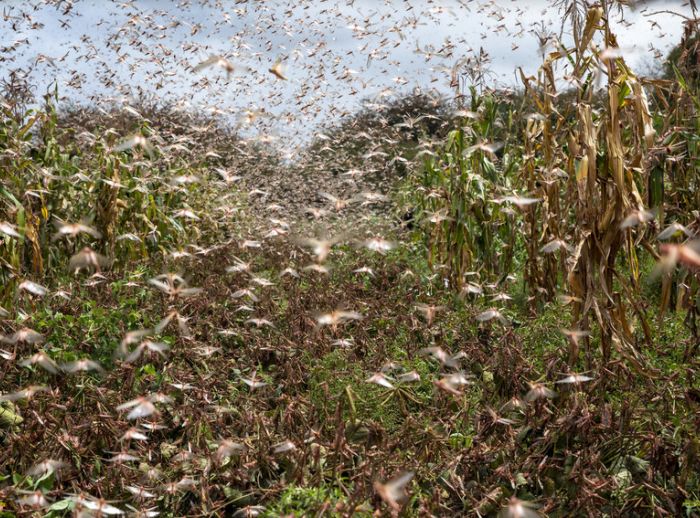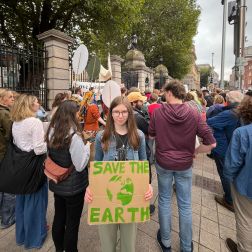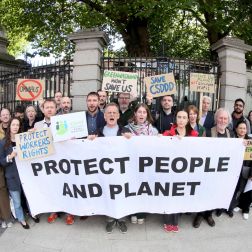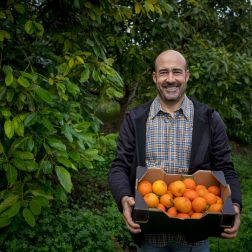- 4 mins read time
- Published: 27th October 2020
Covid-19, a dress rehearsal for the climate emergency
The Covid-19 crisis has created a new world. Old certainties are quickly becoming outdated, while new challenges and possibilities abound.
The response to the pandemic has forced us to reconsider what is essential to keeping economies and societies functioning to save lives. It offers us all an opportunity to rebuild a better, fairer and more sustainable world, one where we take the climate crisis seriously and do not jeopardise the lives of our children and future generations.
Building a More Sustainable World
Moves to address the climate crisis have been lacklustre at best and any sense of urgency to act seems to be pushed further back due to the Covid-19 pandemic.
Even in times of crisis, our leaders must not lose sight of their duty to uphold environmental protection, as in many ways this pandemic is a dress rehearsal for the climate emergency. Unlike Covid-19, the climate crisis is not an immediate threat to our lives here in Ireland. But we have already seen its effects, and in the longer term, it will pose a much greater threat to our existence. Indeed, for the people Oxfam works with, the climate crisis is not a future threat but something they experience every time extreme and unpredictable weather wreaks havoc on their lives and livelihoods. As with Covid-19, we cannot say we are safe unless we are all safe. Therefore, serious action on climate must be taken now. We must aim to meet our targets as a matter of urgency.

Climate Crisis
The devastating impacts of climate change are having real consequences on people’s lives right now; from locust swarms devastating crops and increased food and water insecurity, to extreme weather events and bush fires destroying homes and livelihoods. Vulnerability to disaster and climate change matters because it perpetuates and deepens poverty and suffering.
To date, Ireland has been a laggard on climate action. The Programme for Government contains very positive commitments on climate, but the question is – will those commitments be honoured? Past governments have also pledged to reduce emissions but failed to do so.
As well as reducing emissions at home, richer countries like Ireland have committed to providing climate finance to ensure the countries most impacted by climate breakdown have adequate resources for life-saving adaptation measures. While the 2016 Programme for Government had an established target for climate finance supported by specific funds, the current programme instead commits to increasing the percentage of Official Development Assistance (ODA) being counted as climate finance, rather than committing to new or additional funding, as envisioned under the 2015 Paris Agreement.
The commitment in the programme to double the percentage of ODA that counts as climate finance, without allocating additional funds, risks re-labelling existing aid as climate finance rather than committing to providing new finance to support climate action in the poorest countries. While there are many positives in the Programme for Government on climate action, the Government needs to do more if Ireland is to fulfil its obligations to provide much-needed finance to help poorer countries adapt to a changing climate – without diverting existing and essential ODA.

One in two people struggle daily to survive
Fulfilling these commitments will help the global effort to prevent countries slipping into food insecurity due to climate-related impacts on agricultural production and food prices. One in two people already struggle daily to survive; this is likely to increase dramatically in the wake of Covid-19. Food security must be protected, while policies and programmes that promote climate-resilient agriculture must be implemented and supported.

Throwaway & Circular Economies
The Government’s new National Waste and Circular Economy Action Plan is also to be welcomed; however, the focus is mainly on packaging even though textiles have been identified as one of the waste streams with the highest untapped potential to implement circular practices.
According to Re-dress, 225,000 tonnes of textiles end up in Irish landfills every year – a huge waste of resources considering it would take 13 years to drink the water needed to make just one t-shirt and one pair of jeans. In a circular economy, these items would be reused or recycled instead of contributing to increased greenhouse gas emissions leeching out into our soil, water and air. Circularity not only benefits the environment and helps fight the climate crisis, it also creates innovative and sustainable economic opportunities.
Moving Forward
The time is now for Ireland to take a leadership role in promoting progressive change needed in the world. We must seize this moment to save lives and repair the systems that have made so many people vulnerable in the first place.
The choices made now will have profound implications for the future. They can lay the foundations for a more equal and sustainable world, or they can accelerate inequality and environmental destruction.
Together we can learn from this unprecedented crisis, and build a more human economy and a fairer world.




